
Illinois’ roads, highways and bridges form vital transportation links for the state’s residents, visitors and businesses, providing daily access to homes, jobs, shopping, natural resources and recreation. Modernizing Illinois’ transportation system is critical to quality of life and economic competitiveness in the Prairie State. Inadequate transportation investment, which will result in deteriorated transportation facilities and diminished access, will negatively affect economic competitiveness and quality of life in Illinois.
View this complete post...











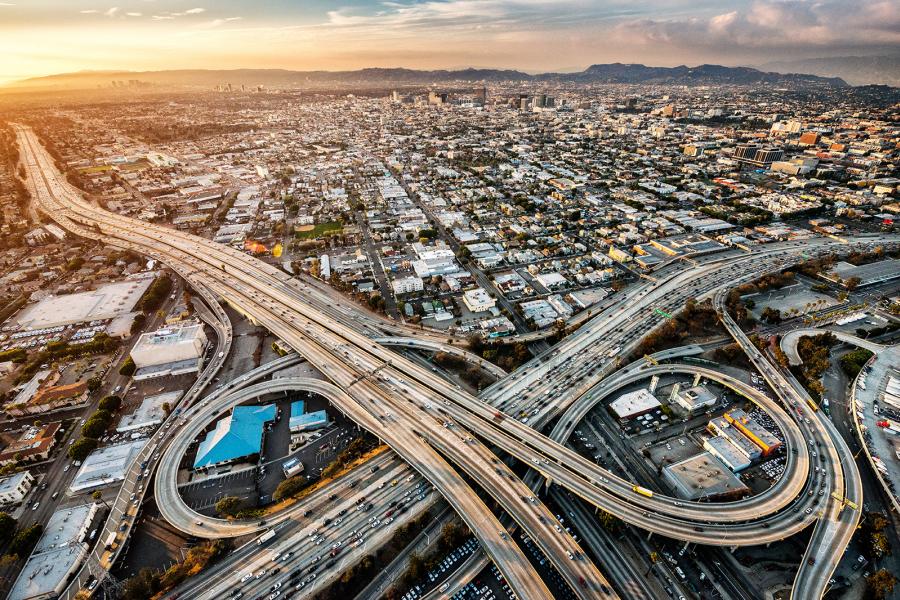
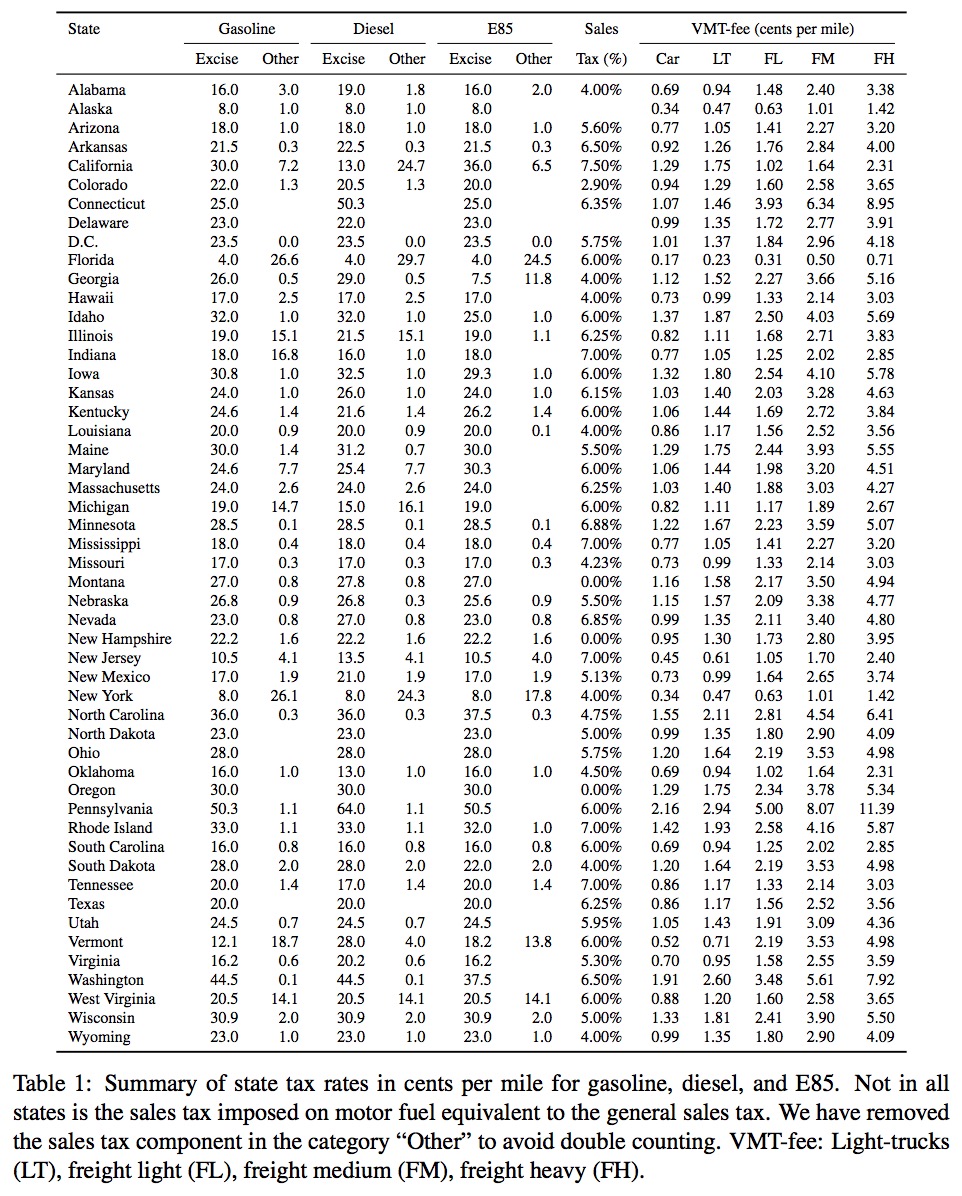
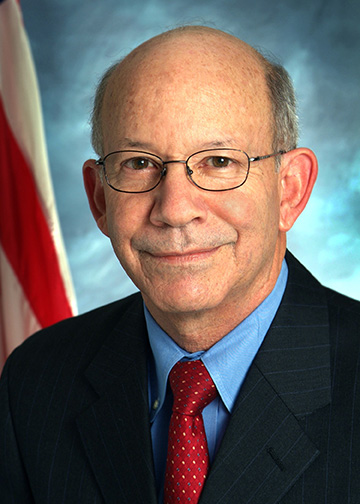
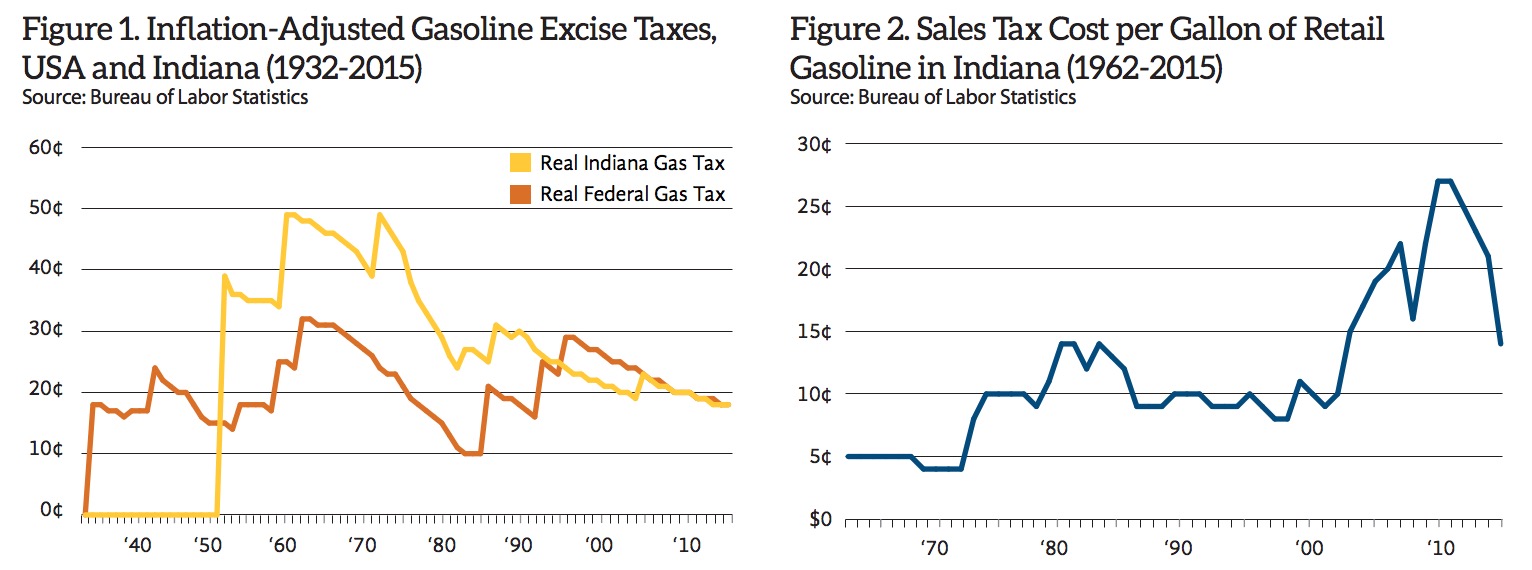
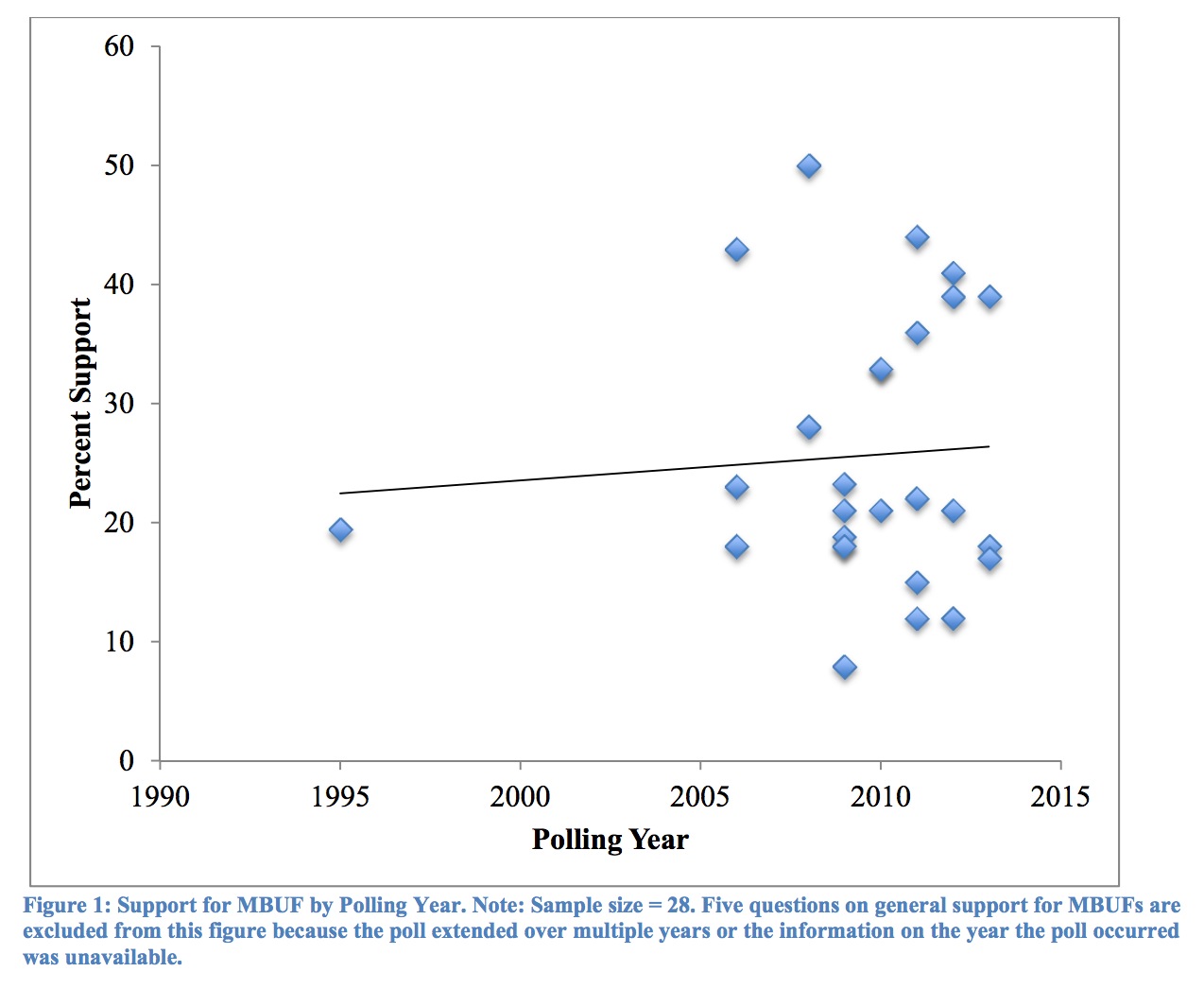
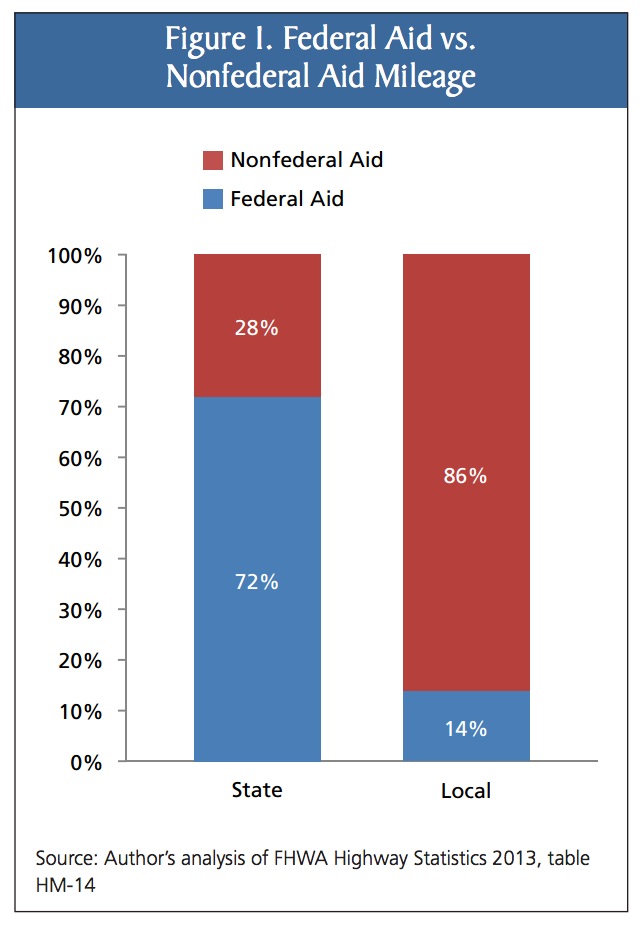


 RSS Feed
RSS Feed